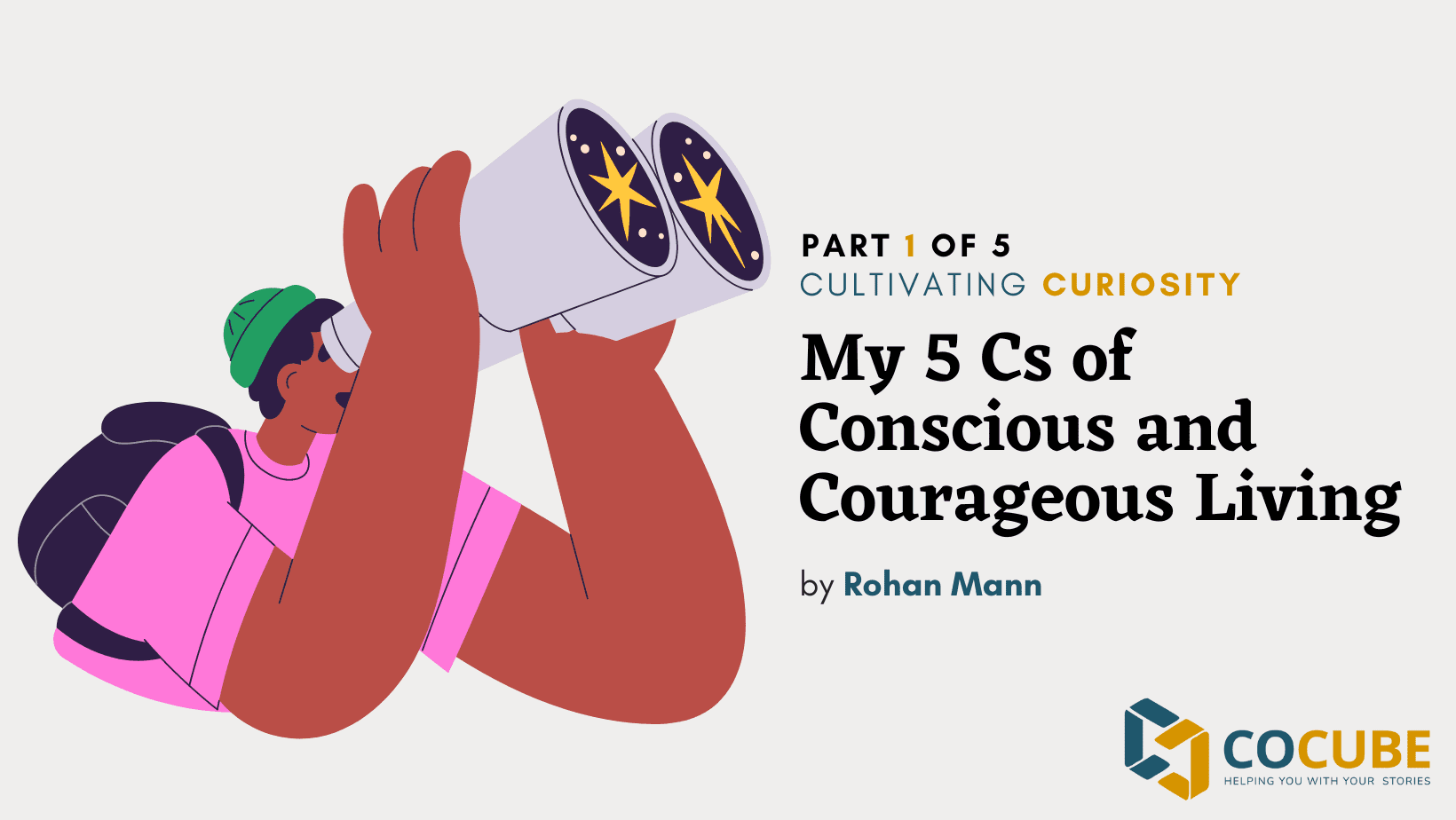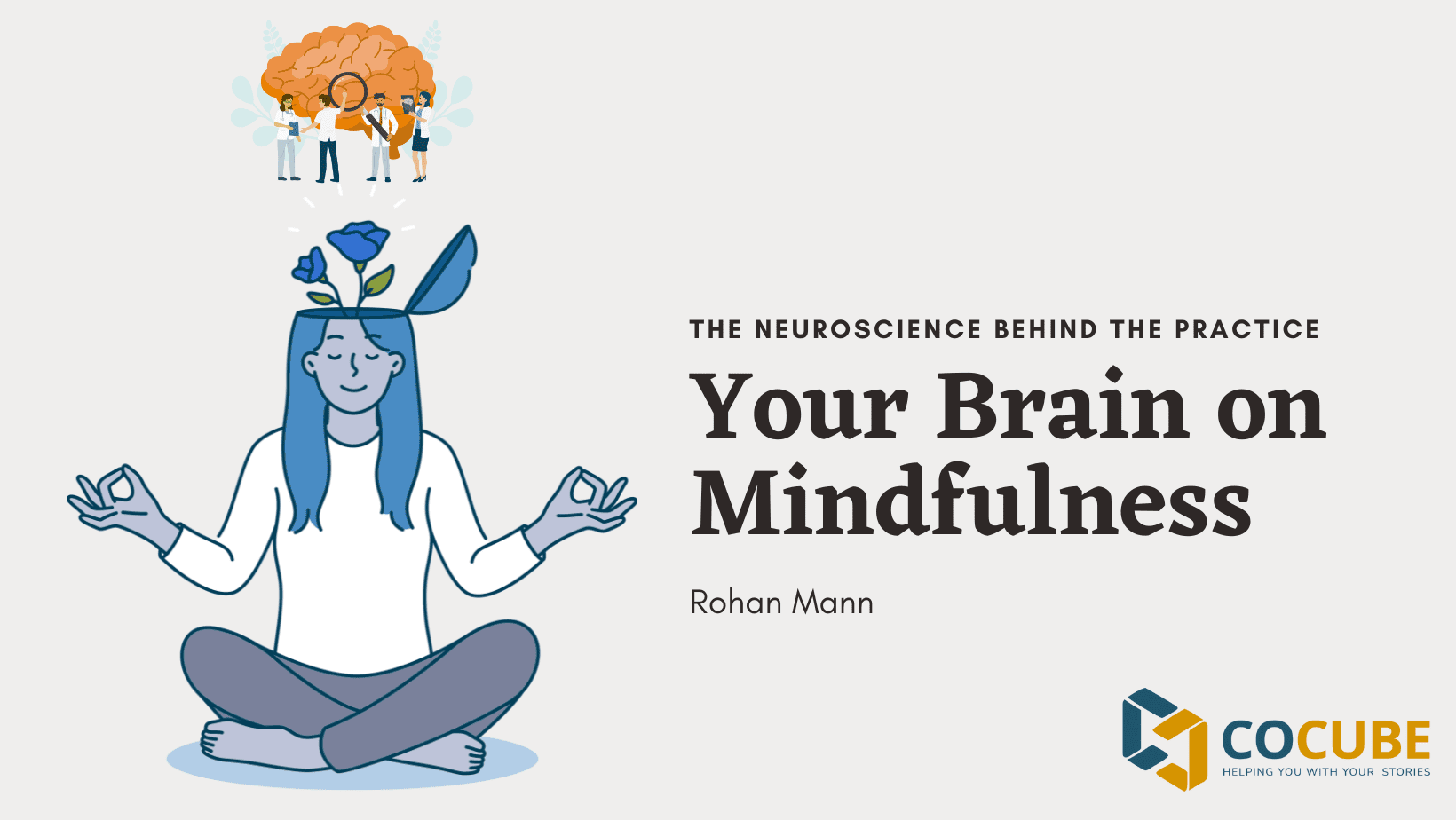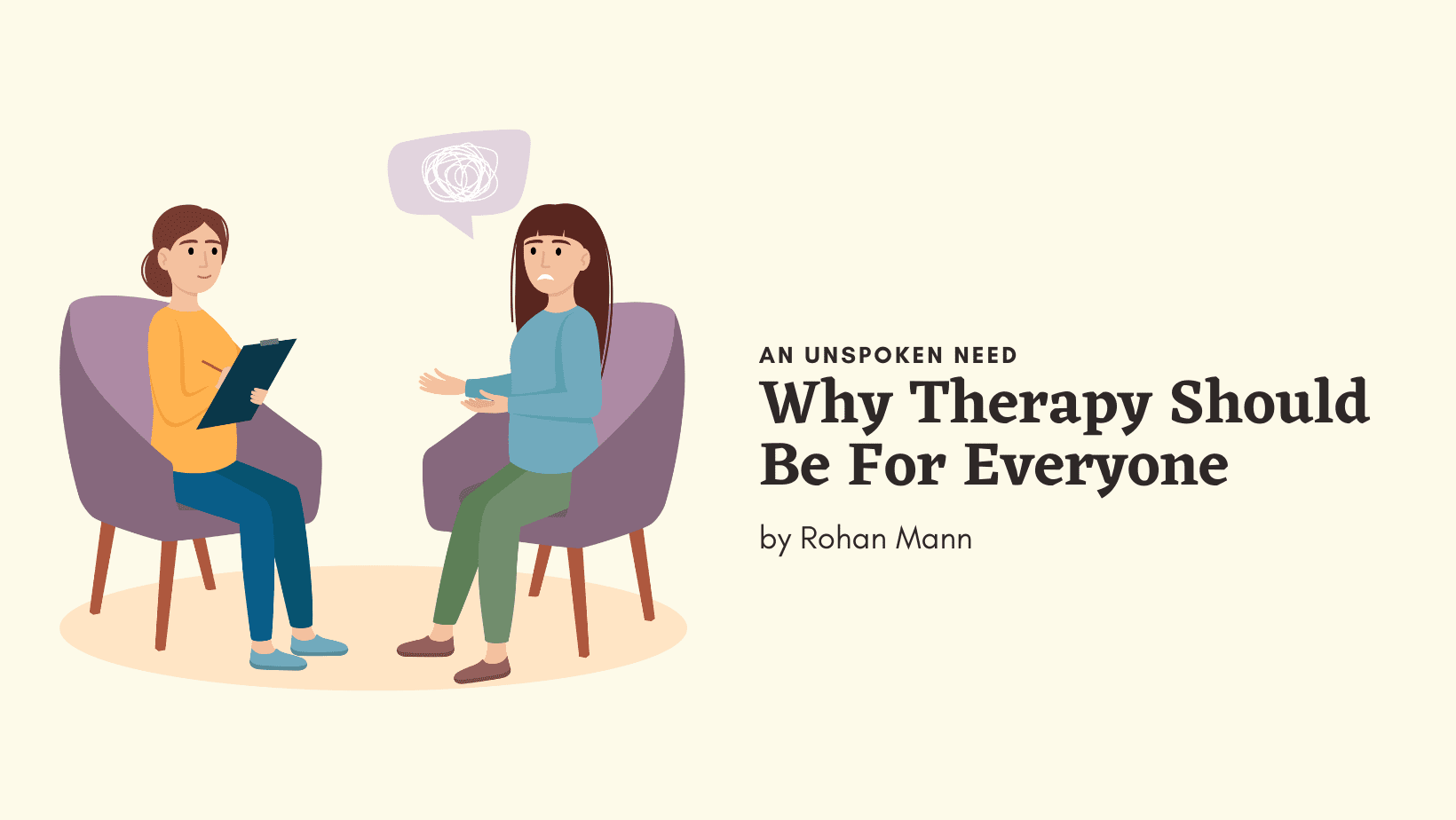Unlocking the Power of Online Therapy
As a therapist at CoCube, and as someone who has personally benefited from online counseling as a client for the last few years, I can attest to the transformative power of this approach to therapy. While traditional face-to-face counseling has its merits, online counseling has emerged as a compelling alternative, offering unique advantages that cater to the needs of today’s fast-paced and globally connected world. Allow me to share with you why online counseling might just be the key to unlocking your path to well-being.
1. Convenience and Flexibility
One of the most significant advantages of online counseling is its unparalleled convenience and flexibility. With face-to-face counseling, you need to factor in travel time, traffic, and the hassle of scheduling appointments around your busy life. Online counseling eliminates these barriers, allowing you to access therapy from the comfort of your own home, at a time that works best for you. Whether you’re an early bird or a night owl, have a demanding work schedule, or live in a remote area, online counseling ensures that you can prioritize your mental health without compromising your other commitments.
2. Personal Connection and Comfort
Some may argue that face-to-face counseling offers a more personal connection, but online counseling can be just as intimate and engaging. At CoCube, I prioritize building a strong therapeutic alliance with my clients, regardless of the mode of communication. Through video sessions, we can maintain eye contact, observe non-verbal cues, and create a warm, supportive environment. Moreover, many individuals find that the comfort and familiarity of their own space allows them to open up more readily, fostering a deeper level of trust and vulnerability.
3. Breaking Down Barriers
While face-to-face counseling may feel more accessible for some, it can also present significant barriers for others. The stigma surrounding mental health can make it challenging for individuals to seek help, especially if they fear being seen entering a therapist’s office. Online counseling offers a discreet and private avenue for individuals to receive support without fear of judgment or scrutiny. The ability to communicate through various mediums, such as text, email, phone, or video, allows you to choose the method that feels most comfortable for you, ensuring that you can engage in therapy on your own terms.
4. Fresh Perspectives and Clarity
One of the unique benefits of online counseling is the opportunity to connect with a therapist who is not from your local area. This distance can bring fresh perspectives and unbiased insights to your therapeutic journey. When working with a therapist who is genuinely curious about your cultural background and experiences, you may find yourself explaining things in layman’s terms, which can help you break down complex issues and gain clarity. This process of narrating your story to someone with a different viewpoint can lead to profound self-discovery and a deeper understanding of your challenges and strengths.
5. Consistency and Continuity
In today’s globalized world, travel has become an integral part of many people’s lives, whether for work, leisure, or as part of a remote working lifestyle. Online counseling ensures that your therapeutic journey remains uninterrupted, regardless of your location. As a therapist, I have had the privilege of counseling numerous clients during my travels, providing them with a consistent source of support and guidance. Similarly, my clients have been able to maintain the flow and momentum of their therapy sessions even while traveling, ensuring that they can prioritize their mental health no matter where they are in the world.
6. Evidence-Based and Effective
Some may question the effectiveness of online counseling compared to traditional face-to-face therapy. However, a growing body of research suggests that online counseling can be just as effective for a wide range of mental health concerns (1.) Numerous studies have shown that the therapeutic alliance, a key factor in successful therapy outcomes, can be established and maintained in online settings (2.) As a therapist, I have witnessed firsthand the profound transformations and personal growth that my clients have achieved through online counseling at CoCube.
7. Affordability and Accessibility
Face-to-face counseling can sometimes come with a higher price tag, making it inaccessible for some individuals. At CoCube, I am committed to making online counseling affordable and accessible for everyone. By eliminating the overhead costs associated with traditional therapy settings, I can offer competitive rates and flexible payment options. I believe that everyone deserves access to quality mental health support, regardless of their financial situation. Online counseling ensures that you can prioritize your well-being without breaking the bank.
Your Journey Begins Here
Whether you’re considering face-to-face counseling or online therapy, the most important step is to start your journey towards healing and personal growth. If you’re ready to embark on this path, I invite you to explore online counseling with me at CoCube. As an experienced therapist with a global clientele, I am here to provide you with the guidance, support, and tools you need to navigate life’s challenges and unlock your full potential.
Take the first step today and schedule a free 30-minute consultation with me. Together, we’ll explore how online counseling can empower you to lead a more fulfilling and authentic life. Remember, seeking help is a sign of strength and self-awareness. You deserve to prioritize your mental health, and online counseling at CoCube is here to support you every step of the way.
Your journey to greater self-understanding, emotional resilience, and a life filled with purpose and meaning can begin today. Trust in the power of online counseling, and let me be your guide to unlocking the best version of yourself. Contact me now at https://cocube.co/contact/#book and let’s embark on this transformative journey together.
References:
- Bashshur, R. L., Shannon, G. W., Bashshur, N., & Yellowlees, P. M. (2016). The empirical evidence for telemedicine interventions in mental disorders. Telemedicine and e-Health, 22(2), 87-113. https://doi.org/10.1089/tmj.2015.0206
- Backhaus, A., Agha, Z., Maglione, M. L., Repp, A., Ross, B., Zuest, D., Rice-Thorp, N. M., Lohr, J., & Thorp, S. R. (2012). Videoconferencing psychotherapy: A systematic review. Psychological Services, 9(2), 111-131. https://doi.org/10.1037/a0027924







